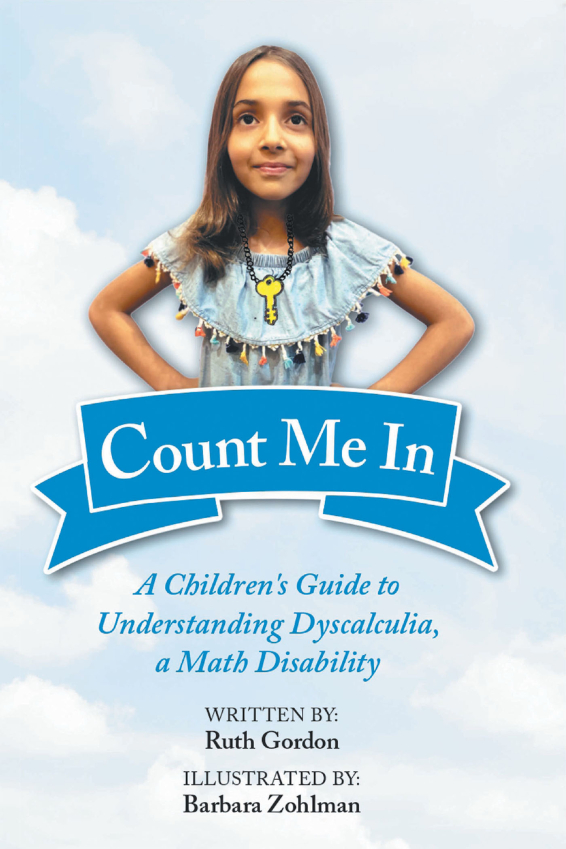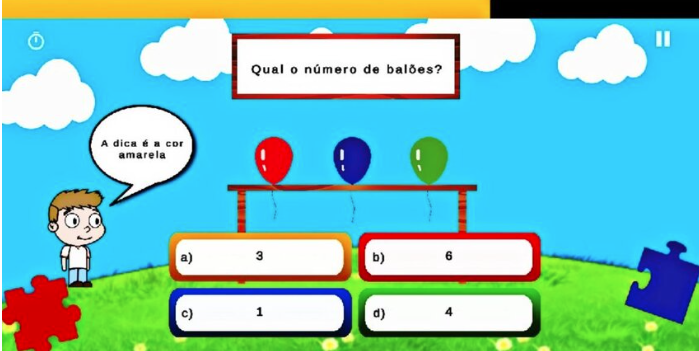Self-esteem is a fundamental aspect of our emotional and psychological well-being, yet many adults find themselves struggling with feelings of inadequacy and low self-worth. A positive self-image and healthy self-esteem are essential to our overall satisfaction in life. Cultivating self-esteem requires a concerted effort to identify and appreciate our strengths and achievements, recognize and challenge negative self-talk, and pursue activities that affirm our sense of self-worth.
By investing in self-esteem-building activities, we can learn to appreciate our unique value as individuals, which can enhance our relationships, careers, and overall sense of fulfillment. These activities may include practicing self-compassion, journaling, diary entries, setting realistic goals and celebrating our accomplishments, engaging in positive self-talk and affirmations, and surrounding ourselves with positive, supportive individuals. By prioritizing our self-esteem and taking active steps to improve it, we can lead happier, more fulfilling lives.
Building your inner strength: Fun and effective self-esteem boosting activities for adults
1. Strengths Wall
Everyone has strengths, but sometimes we forget to recognize and appreciate them. Creating a “strengths wall” is a fun and creative way to discover and remind ourselves and others of our unique talents and abilities. By celebrating our strengths, we can build confidence and self-esteem.
Create a “strengths wall” in your home or workplace. Have each person write down their strengths on a piece of paper and stick it to the wall. This activity can help individuals recognize and appreciate their unique talents and abilities.
2. Positive Self-Talk Jar

Negative self-talk can be a major barrier to building self-esteem. That’s why a positive self-talk jar can be such a powerful tool. By filling the jar with affirmations and positive messages, we can retrain our brains to focus on the positive and build a more positive self-image.
Create a positive self-talk jar filled with affirmations and positive messages. Whenever you’re feeling down or in need of a boost, pull out a message and read it to yourself. This activity can help you reframe negative thoughts and focus on the positive.
3. Self-Love Letters

We all have moments of self-doubt and insecurity, but it’s important to remember that we are worthy and deserving of love and respect. Writing a love letter to ourselves is a powerful way to cultivate self-love and build a positive self-image. By acknowledging our positive qualities and accomplishments, we can build confidence and self-esteem.
Write a love letter to yourself, focusing on your positive qualities and accomplishments. Read the letter whenever you need a reminder of your worth and value. This activity can help you cultivate self-love and build a positive self-image.
5. Mirror Work

Our inner dialogue can have a big impact on our self-esteem. That’s why mirror work is such a powerful tool. By looking in the mirror and saying positive affirmations to ourselves, we can improve our self-talk and build a more positive self-image. Mirror work can be a challenging practice, but it can also be incredibly transformative.
Look in the mirror and say positive affirmations to yourself. This can be done each morning or whenever you need a boost of confidence. This activity can help you improve your self-talk and build self-esteem.
6. Kindness Challenge

Many kindness quotes state that acts of kindness not only benefit others but can also boost our own self-esteem. By challenging ourselves to perform one act of kindness each day, we can cultivate a sense of purpose and improve our mood. The more kindness we put out into the world, the more we build a positive self-image.
Challenge yourself to perform one act of kindness each day. This can be something as simple as holding the door open for someone or giving a compliment to a stranger. This activity can help you feel good about yourself and boost your self-esteem through positive social interactions.
7. Positive Playlist

Have you ever noticed how music can affect your mood and emotions? Creating a playlist of songs that make you feel happy, confident, and empowered can be a great way to boost your self-esteem. Listening to music can help you tap into your emotions and build a positive self-image. Additionally, listening to music also works as a great activity for mental health.
Create a playlist of songs that make you feel happy, confident, and empowered. This activity can help you tap into your emotions and build a positive self-image. Listening to music has been shown to have a positive effect on mood and self-esteem.
8. Strengths-Based Collage

We all have unique talents and abilities that make us who we are. Creating a collage that highlights your strengths and positive qualities can be a great way to build confidence and self-esteem. By focusing on your strengths, you can remind yourself of all the things that make you unique and special.
Create a collage that highlights your strengths and positive qualities. This could include images, quotes, or words that represent your unique talents and abilities. By focusing on your strengths, you can build confidence and self-esteem.
9. Personal Manifesto
Do you ever feel like you’re just going through the motions of life, without a clear sense of purpose or direction? Writing a personal manifesto can help you clarify your values, beliefs, and aspirations and build a sense of purpose and direction. Reading your manifesto can serve as a reminder of your strengths and potential.
Write a personal manifesto that outlines your values, beliefs, and aspirations. This activity can help you clarify your sense of self and build a sense of purpose and direction. Reading your manifesto can also serve as a reminder of your strengths and potential.
10. Celebrate Small Victories

We often focus on our failures and shortcomings rather than celebrating our successes. Taking time to celebrate your small victories and accomplishments, no matter how small they may seem, can be a great way to build confidence and self-esteem. By celebrating your successes, you can remind yourself of all the things you’re capable of.
Take a few minutes to reflect on your day or week and identify some small victories or accomplishments that you’re proud of. These could be anything from completing a task at work to trying a new recipe in the kitchen. Write down each of these small victories in your notebook, along with a brief description of why you’re proud of each accomplishment. Furthermore, this also acts as a mindfulness activity.
Take some time to reflect on how each of these small victories has contributed to your overall growth and success. Consider how these small wins have helped you overcome challenges, build skills, or improve your confidence.
Challenging negative self-talk – Cognitive restructuring techniques for building self-esteem
Negative self-talk is that little voice inside your head that can be your worst enemy. It’s the critical voice that tells you that you’re not good enough, smart enough, or worthy enough to succeed. It’s that nagging feeling that you’re not living up to your potential and that you’ll never be able to achieve your goals. Negative self-talk can be subtle and insidious, slowly eroding your confidence and self-esteem over time.
It can manifest as self-doubt, self-criticism, and even self-sabotage. But the good news is that negative self-talk can be challenged and overcome with practice and the right mindset. By learning to recognize and reframe negative self-talk, you can improve your self-esteem and achieve your full potential.
Here are some creative techniques for challenging negative self-talk and building self-esteem:
- “Name that voice” exercise: Give your negative self-talk a name, like “The Inner Critic” or “The Doubter”. This allows you to separate yourself from negative thoughts and see them as something external that can be challenged and changed.
- “What would your best friend say?” exercise: Imagine your best friend or someone who loves and supports you is in the room with you. If you said something negative about yourself, what would they say in response? Use this perspective to challenge negative self-talk and replace it with more positive, supportive thoughts.
- Create a gratitude list: Make a list of things you’re grateful for about yourself, your life, or the people around you. Whenever you’re feeling down, read the list and remind yourself of the positive aspects of your life.
- Draw your negative self-talk: Draw a cartoon or illustration of your negative self-talk. This allows you to see it from a different perspective and recognize how ridiculous or untrue it may be. Then, draw a positive counter-image that represents the opposite of the negative self-talk.
- Use positive affirmations: Write down positive affirmations, such as “I am worthy” or “I am capable”. Repeat them to yourself whenever you feel negative self-talk creeping in.
- Role-play a positive scenario: Imagine a situation where you achieved something you’re proud of or received a compliment. Role-play the scenario with a friend or in your head, using positive language and reinforcing your self-esteem.
Conclusion
Building self-esteem is an ongoing process that requires dedication and effort. By engaging in activities that promote positive self-talk, self-compassion, and a sense of self-worth, we can develop a healthier relationship with ourselves and ultimately lead more fulfilling lives.
Taking the time to reflect on our strengths and achievements, setting achievable goals, and surrounding ourselves with positive influences can all help us cultivate a more positive self-image. It’s important to remember that self-esteem is not fixed and can change over time, depending on our experiences and mindset. However, by prioritizing our self-esteem and making it a priority in our lives, we can learn to appreciate our unique worth as individuals and lead happier, more confident lives.




